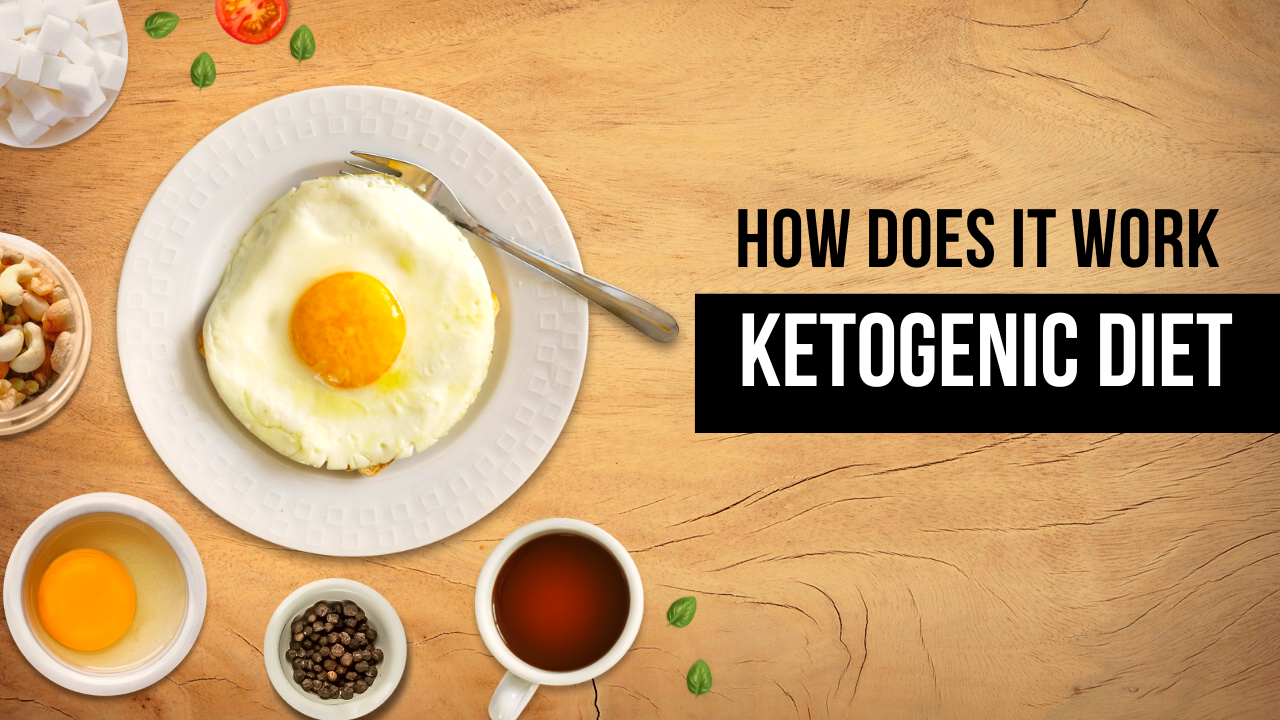A ketogenic diet, also known as a “keto” diet, is a high-fat, low-carbohydrate diet that is designed to encourage the body to enter a state of ketosis. During ketosis, the body uses fat as fuel instead of carbohydrates. This can lead to weight loss and improved blood sugar control, as well as other potential health benefits.
The standard ketogenic diet (SKD) typically includes:
- High fat: 70-75% of total calories
- Moderate protein: 20-25% of total calories
- Low carbohydrates: 5-10% of total calories
On a ketogenic diet, foods that are high in carbohydrates, such as grains, fruits, and starchy vegetables, are restricted. Instead, the diet focuses on foods that are high in fat, such as nuts, seeds, avocados, and certain types of oils, as well as moderate amounts of protein, such as meat, fish, eggs, and dairy.
Some people may follow a modified version of the diet, such as a Targeted Ketogenic Diet (TKD) or Cyclical Ketogenic Diet (CKD) which allows to consume carbohydrates around workout time.
It’s important to note that a ketogenic diet should be followed under medical supervision, especially for people with diabetes or other medical conditions. Also, not everyone may benefit from a ketogenic diet, and some people may experience side effects such as the “keto flu” or constipation.





